Table of Contents
Administrative Revenues:
The receipts placed in the category of administrative revenues include fees, licenses, fines, forfeitures, escheats, and special assessments. They are characterized by more or less as a free choice on the part of the payer as to whether or not he will pay, and more or less on direct benefit (or penalty) conferred upon him. The amount of payment does not necessarily, however, bear close relationships either to the value of the benefit or the cost of conferring that benefit. A further and peculiar characteristic of administrative revenue is that they generally arise as a byproduct of the administrative function of the government; hence they are known as “administrative revenues”.
Fees:
Prof. Seligman defined a fee as a “payment to defray the cost of each recurring service undertaken by the government, primarily in the public interest but conferring a measurable special advantage on the fee-payer. Thus a fee is a payment charged by the government to bear the cost of administrative services rendered primarily in the public interest, but confer special benefits to the individuals. Hence fees are to be paid only by those individuals who receive some special benefits from the services rendered by the government, e.g., a student has to pay a fee for getting the benefit of education from government colleges.
Thus, fees can be distinguished from prices. Prices are always voluntary payment, but fees may be compulsory contributions though both are made for special services. An element of tax, i.e., quid pro quo, is also present in fee, while it is absent in prices. Fees are the by-products of the administrative activities of the government and not a payment for business activities undertaken by the government.
License Fee:
Though a license fee is similar in nature to that a fee, it can be distinguished from a fee, “a license fee is paid in those instances in which the government authority is involved simply to confer a permission or a privilege rather perform a service of a more tangible and definite sort.” The registration fee for motor vehicles, the payment for permits to operate automobiles, and the license fee for keeping a gun can be examples of such fees. in these cases, an individual is not forced to make payments, but if he wishes to use an automobile he must pay the necessary fee. The nature of the benefit conferred upon the payer is to be found in the shape of the legal practical benefit to use an automobile or to keep a gun.
The object of such a fee may sometimes be the regulation or control of various types of activities, for example, to maintain law and order, licenses for guns are granted to responsible persons. Similarly, licenses are granted for running liquor shops to control the sale of liquor. In the interest of public safety, automobile drivers are asked to obtain driving licenses, and these are granted only when an individual is fit for driving a particular vehicle. Hence, the element of regulation or control is present in the license fee, which distinguishes it from fees and taxes both.
Special Assessment:
Prof. Seligman defined special assessments as, “a compulsory contribution, levied in proportion to the special benefit derived to defray the cost of a special improvement to property under-taken in the public interest.” That is to say, when the government undertakes certain activities of public improvements like the construction of roads, provisions of drainage, street lighting, etc., they may confer the common benefit to the community as a whole and special benefit on those whose properties are nearby. As a result of the improvements, the values or rents of these properties may rise. The government, therefore, may impose some special levy to recover a part of the expenses incurred. A such special assessment is levied, generally in a proportion to the increase in the value of the property. In this respect, it differs from tax.
Characteristics: Seligman pointed out the following characteristics of special assessment:
- There is an element of social purpose.
- The Special benefit of public activity is measurable.
- Special assessments are not progressive, but proportional to the benefit received.
- They are levied for special local improvements.
Comparison with a Tax: There are two similarities between a tax and a special assessment.
(1) An element of public purpose is present in both and the income received by way of a tax and special assessment is incurred for the benefit of the community as a whole as well as for specific persons.
(2) Like a tax, a special assessment is a compulsory contribution and hence, the element of compulsion is present in both.
There are three dis-similarities between tax and special assessments.
(1) Income, derived by way of taxes, is used for general purposes of government, while the income, received by way of a special assessment, is used for specific local improvement.
(2) The basis of assessment of a tax may be many, for example, income, expenditure, the value of the property, etc. but the bases of assessment of Special Assessment is a benefit, i.e., a special assessment is levied in proportion to the benefits received.
(3) Special assessments are mostly levied in order to finance some special development schemes, while taxes may be imposed to finance capital development schemes or to defray the running expenses of the government or both.
A special assessment also differs from the prices, since the latter is optional, whereas the former is compulsory.
Fines and Penalties:
Fines and penalties are not an important source of revenue. A fine refers to the punishment or penalty which is imposed for the infringement of law. It is meant to serve as a punishment for and a deterrent for crime.
Forfeitures:
Forfeitures of basic surety or bonds refer to the penalties imposed by courts for the failure of individuals to appear in the courts, to complete contracts as stipulated, etc. Obviously, the source of revenue is also of very little importance.
Escheat:
It refers to the claim of a government to the property of a person who dies without having any legal heirs or without keeping a will. Thus bank balances and other properties of such person will pass to the government. Under the rights of escheat, the government may also acquire unclaimed property of dissolved educational or other trusts, etc. This is not an important source of revenue.


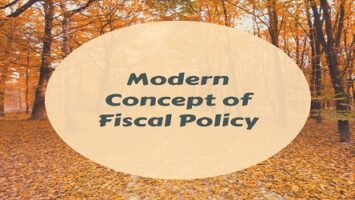
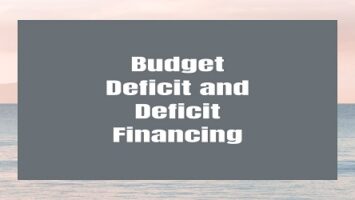
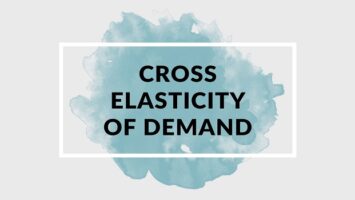
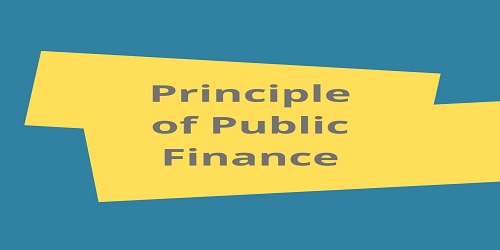
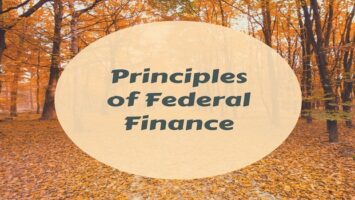
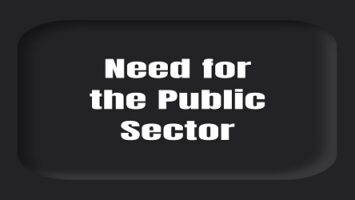
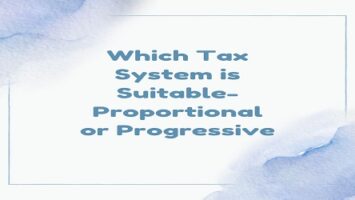
Comments (No)